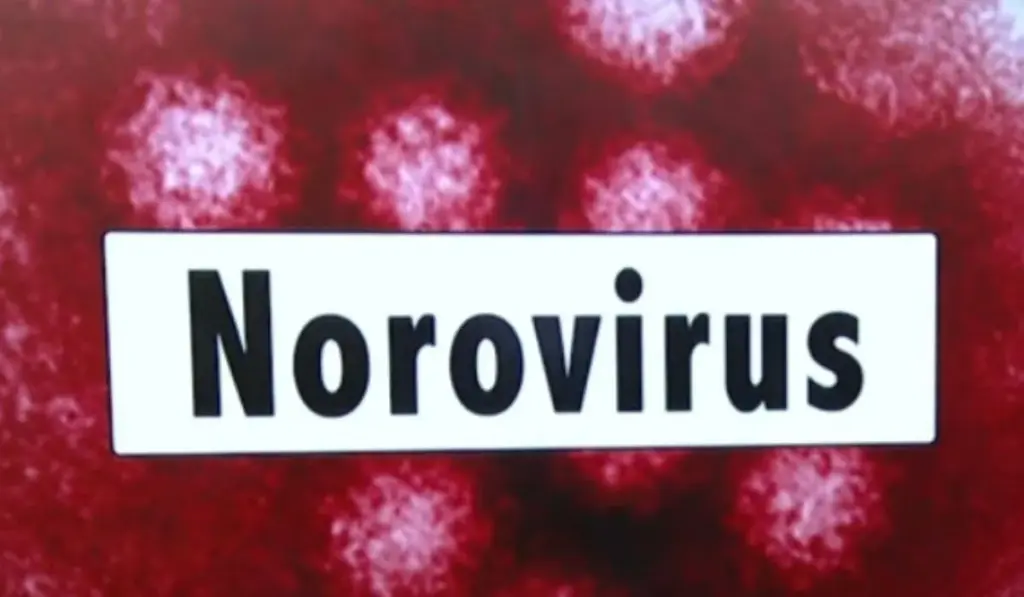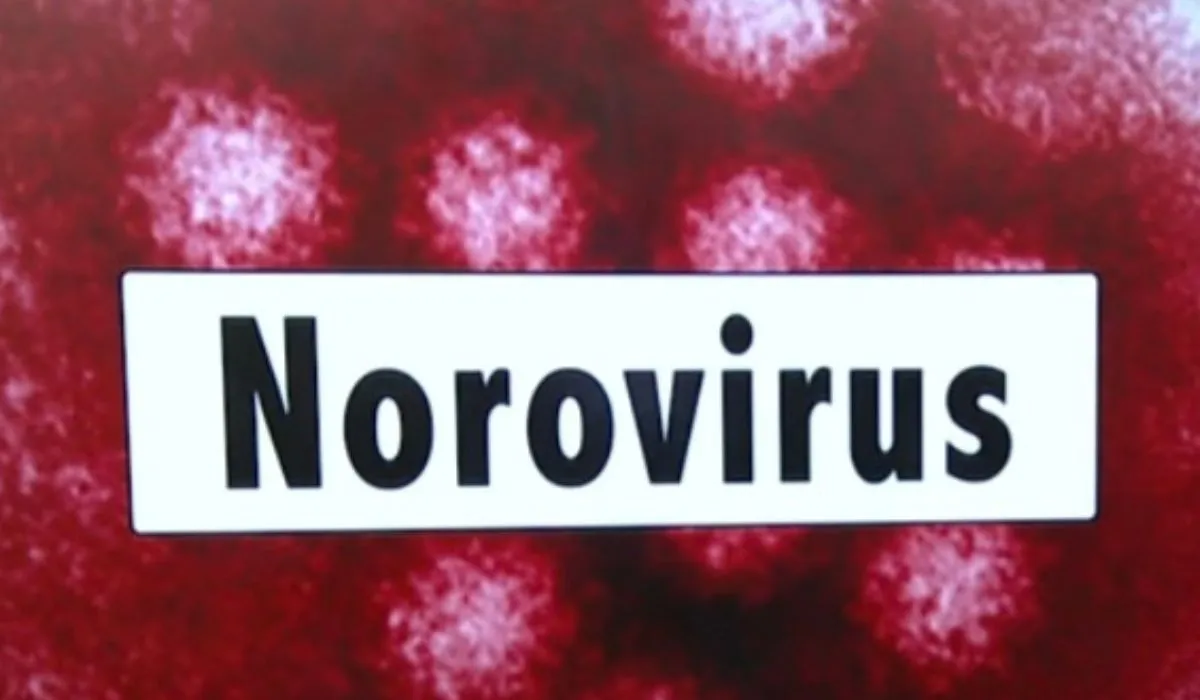As the norovirus, often dubbed the “stomach flu,” sees a surge in cases worldwide, health officials and experts are urging individuals to take preventive measures. While commonly associated with foodborne illness outbreaks, this highly contagious virus can spread rapidly in crowded places, causing significant discomfort and health concerns. Here’s everything you need to know about the norovirus, its symptoms, and the steps you can take to protect yourself and your loved ones.
Understanding Norovirus
Norovirus is a highly contagious virus that infects the gastrointestinal tract, causing inflammation. It is often referred to as the “stomach flu,” though it is not related to influenza. The virus can infect people of all ages and is notorious for its ability to spread rapidly through contaminated food, water, surfaces, and direct person-to-person contact.
According to the Centers for Disease Control and Prevention (CDC), norovirus is responsible for approximately 20 million cases of acute gastroenteritis in the United States each year. Outbreaks are common in enclosed spaces like schools, cruise ships, nursing homes, and hospitals, especially during the winter months.
Symptoms of Norovirus
Symptoms of norovirus typically appear 12 to 48 hours after exposure. They include:
- Severe nausea
- Vomiting
- Watery diarrhea
- Stomach cramps
- Low-grade fever
- Muscle aches
- Fatigue
These symptoms usually last one to three days. While most people recover without complications, the virus can cause severe dehydration, especially in young children, the elderly, and individuals with weakened immune systems.
How Norovirus Spreads

Norovirus spreads quickly through various channels:
- Contaminated Food and Water: The virus often contaminates raw or undercooked shellfish, leafy greens, and ready-to-eat foods. Drinking water can also be a source if improperly treated.
- Person-to-Person Contact: Close contact with an infected individual, especially during caregiving or while sharing food, increases the risk of transmission.
- Contaminated Surfaces: The virus can survive on surfaces like countertops, doorknobs, and utensils for days. Touching these surfaces and then touching your mouth or face can lead to infection.
- Aerosolized Particles: Vomiting can create small particles containing the virus, which can be inhaled and cause infection.
Why Are Norovirus Cases Rising?
Experts suggest that the recent rise in norovirus cases is linked to increased social interactions and travel following the relaxation of pandemic-related restrictions. Additionally, seasonal factors, such as colder weather driving people indoors, create ideal conditions for the virus to spread. Outbreaks in schools, workplaces, and public spaces have become more frequent, highlighting the importance of vigilance.
Preventing Norovirus Infection
Though highly contagious, norovirus infections can be prevented by adopting a combination of hygiene practices and dietary precautions:
- Wash Hands Thoroughly
Frequent handwashing with soap and water is the most effective way to prevent the spread of norovirus. Alcohol-based hand sanitizers are not as effective against the virus, so prioritize soap and water. - Disinfect Surfaces
Clean surfaces with a bleach-based disinfectant to kill the virus. Focus on high-touch areas like doorknobs, light switches, and kitchen counters. - Practice Food Safety
- Wash fruits and vegetables before eating.
- Cook shellfish thoroughly to destroy the virus.
- Avoid preparing food for others if you are sick or have recently recovered from norovirus.
- Stay Home When Sick
To reduce the risk of spreading the virus, stay home for at least 48 hours after symptoms subside. - Handle Laundry Carefully
If someone in your household is infected, wash their clothes, bedding, and towels in hot water and detergent. Wear gloves when handling contaminated laundry to avoid direct contact.
Managing Norovirus Symptoms
If you or a loved one contracts norovirus, follow these steps to ease symptoms and prevent complications:
- Stay Hydrated: Vomiting and diarrhea can lead to dehydration. Drink plenty of fluids, such as water, oral rehydration solutions, or clear broths.
- Rest: Allow your body time to recover by resting as much as possible.
- Avoid Anti-Diarrheal Medications: These may prolong the infection by keeping the virus in your system.
- Seek Medical Attention: If symptoms worsen or dehydration occurs, consult a healthcare provider. Severe dehydration may require hospitalization for intravenous fluids.
Norovirus vs. Food Poisoning
While norovirus is often associated with foodborne illnesses, it is not the same as food poisoning caused by bacteria like Salmonella or E. coli. The distinction lies in the source of contamination and symptoms. Norovirus is a viral infection that spreads rapidly through person-to-person contact and contaminated surfaces, while food poisoning is typically bacterial and linked to specific food items.
Long-Term Implications of Norovirus
Though most people recover fully from norovirus, repeated infections can occur because the virus mutates rapidly. Immunity to one strain does not protect against others, making it crucial to maintain good hygiene practices. For individuals with compromised immune systems, norovirus can lead to chronic gastrointestinal issues.
Norovirus in Children and the Elderly
Children and the elderly are particularly vulnerable to severe dehydration caused by norovirus. Parents and caregivers should monitor symptoms closely and ensure adequate fluid intake. In cases of prolonged vomiting, diarrhea, or lethargy, seek medical attention immediately.
Global Efforts to Combat Norovirus
Efforts to develop a vaccine for norovirus are ongoing, though no vaccine is currently available. In the meantime, public health agencies emphasize education and prevention strategies to mitigate outbreaks. Governments and organizations worldwide are also working to improve food safety standards and sanitation practices to curb the virus’s spread.
Key Takeaways
The rise in norovirus cases underscores the need for heightened awareness and preventive measures. By practicing good hygiene, maintaining food safety, and taking precautions during illness, individuals can protect themselves and others from this highly contagious virus. While norovirus is rarely life-threatening, its symptoms can be severe and disruptive, making prevention a top priority.
In the words of Dr. Jonathan Moore, an infectious disease specialist, “Norovirus is a reminder that hygiene is our best defense against invisible threats. Simple actions like handwashing and staying home when sick can have a significant impact on public health.”
Stay informed, stay cautious, and take proactive steps to keep norovirus at bay as it continues to pose challenges globally.
Keep Visiting worldnews24hour.com









